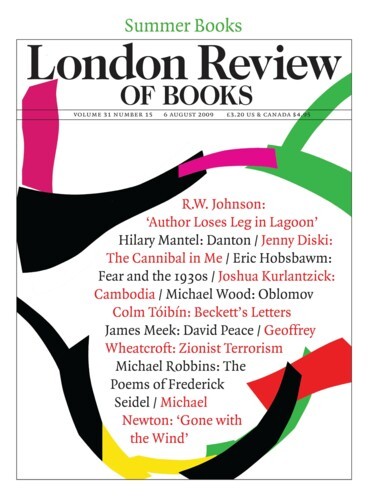In Ürümqi: the Uighur Riots
Nick Holdstock, 6 August 2009
This is what we know for sure: on 5 July violence broke out in the northwestern Chinese city of Ürümqi, the provincial capital of the Xinjiang Uighur Autonomous Region. Cars and buses were set on fire. News reports showed footage of rioters beating and kicking people. We saw a four-year-old boy, his head bandaged, on a hospital trolley. He had been clinging to his pregnant...


